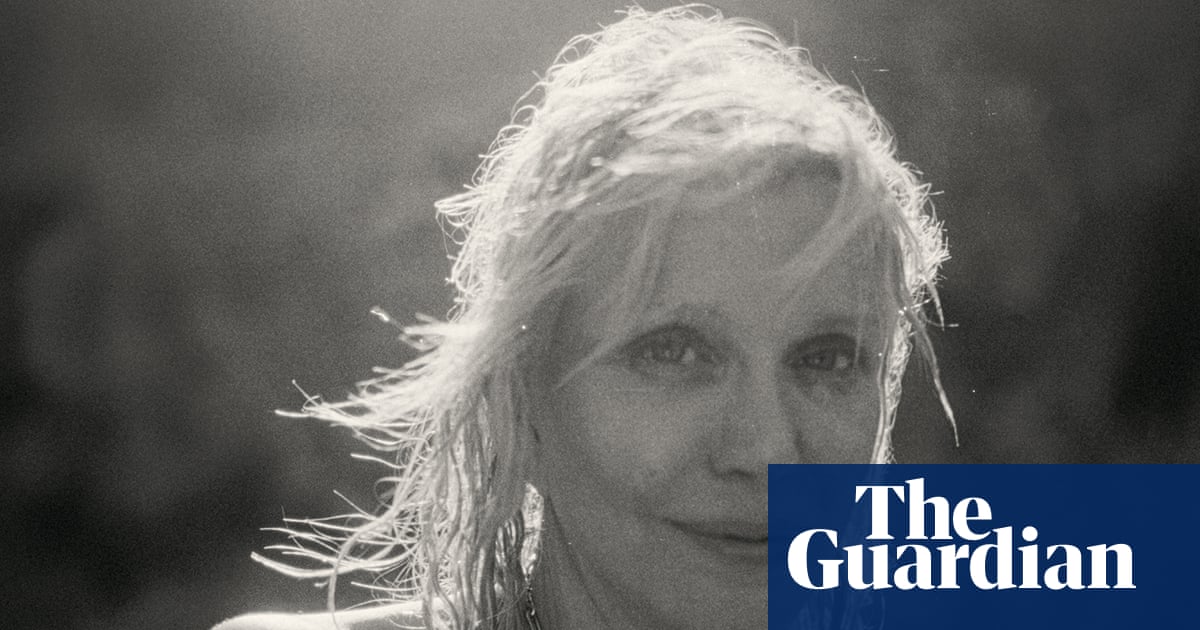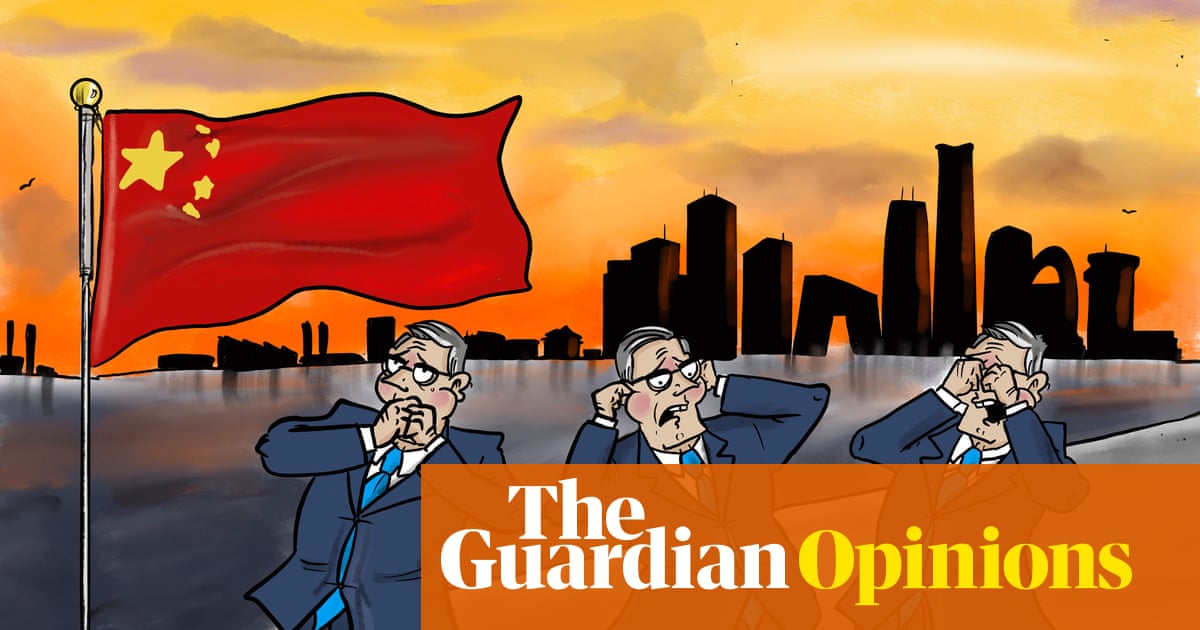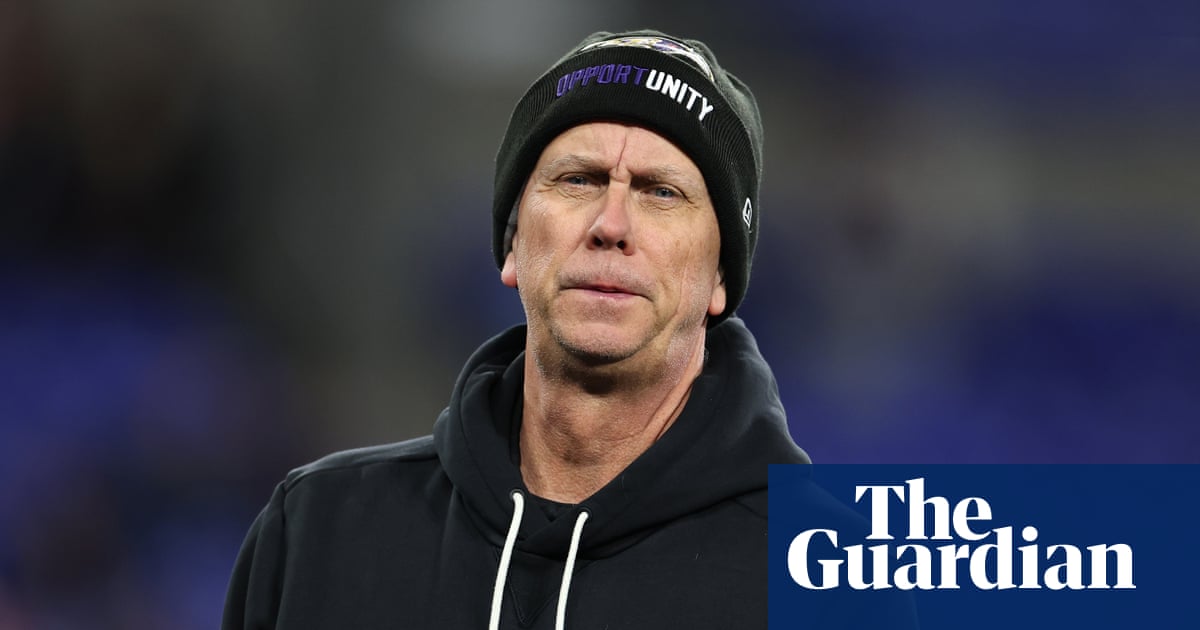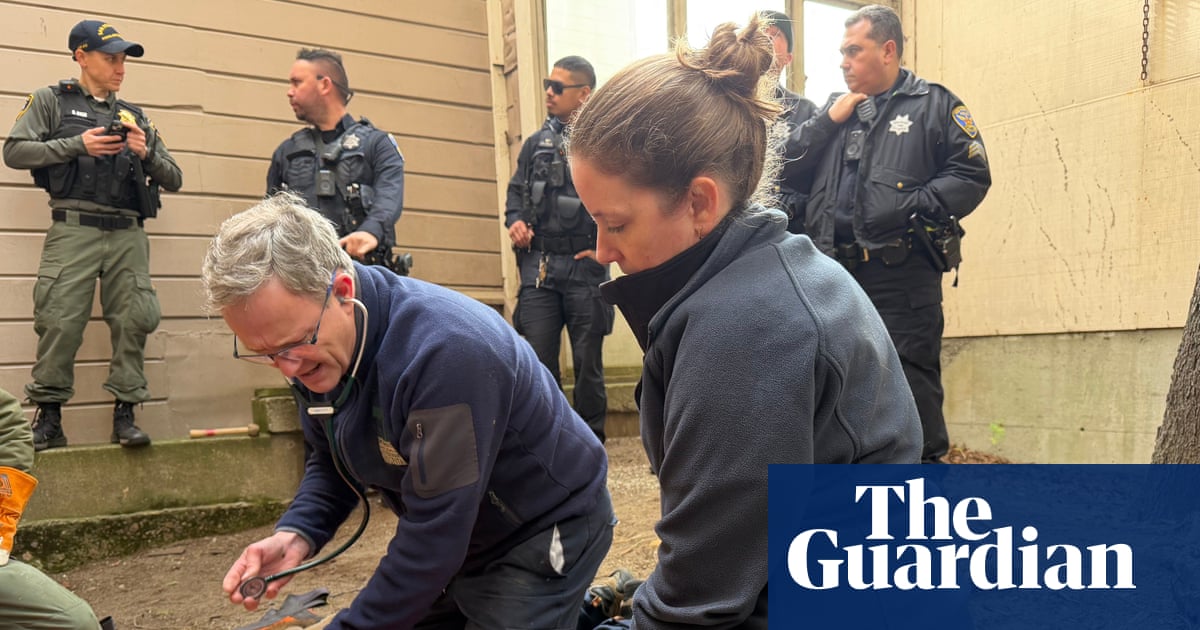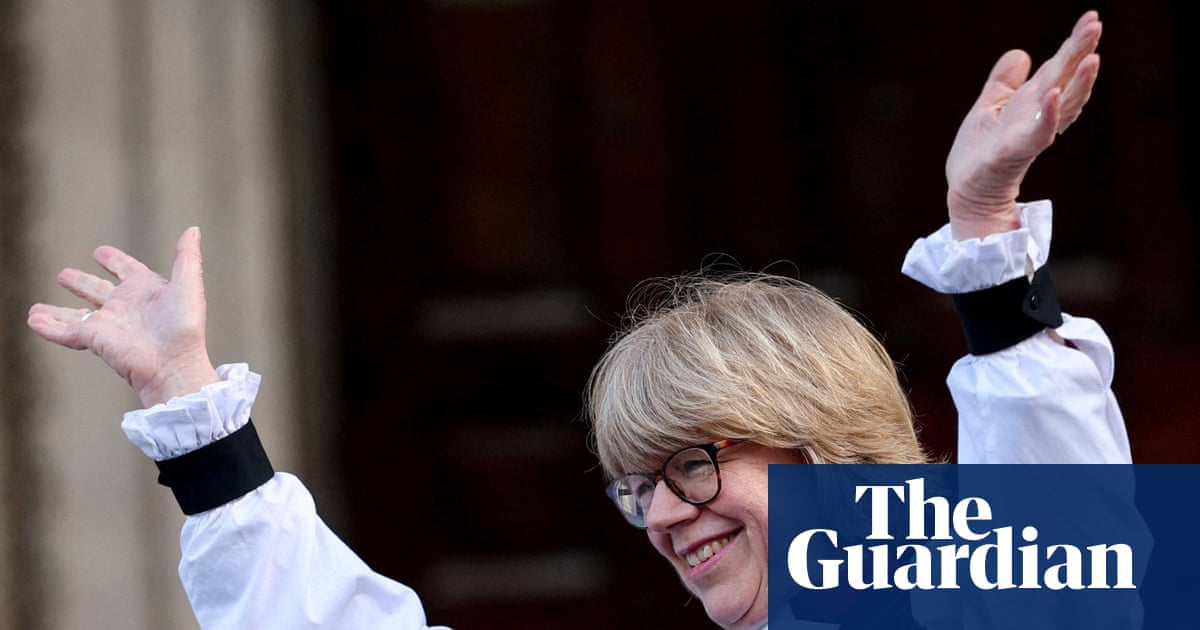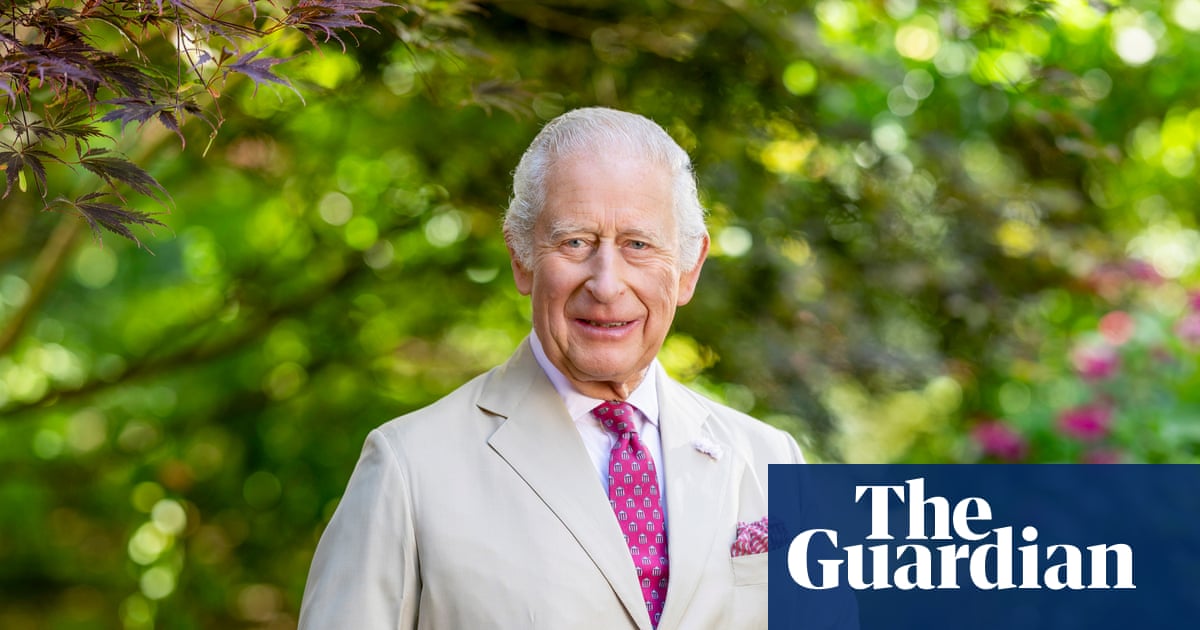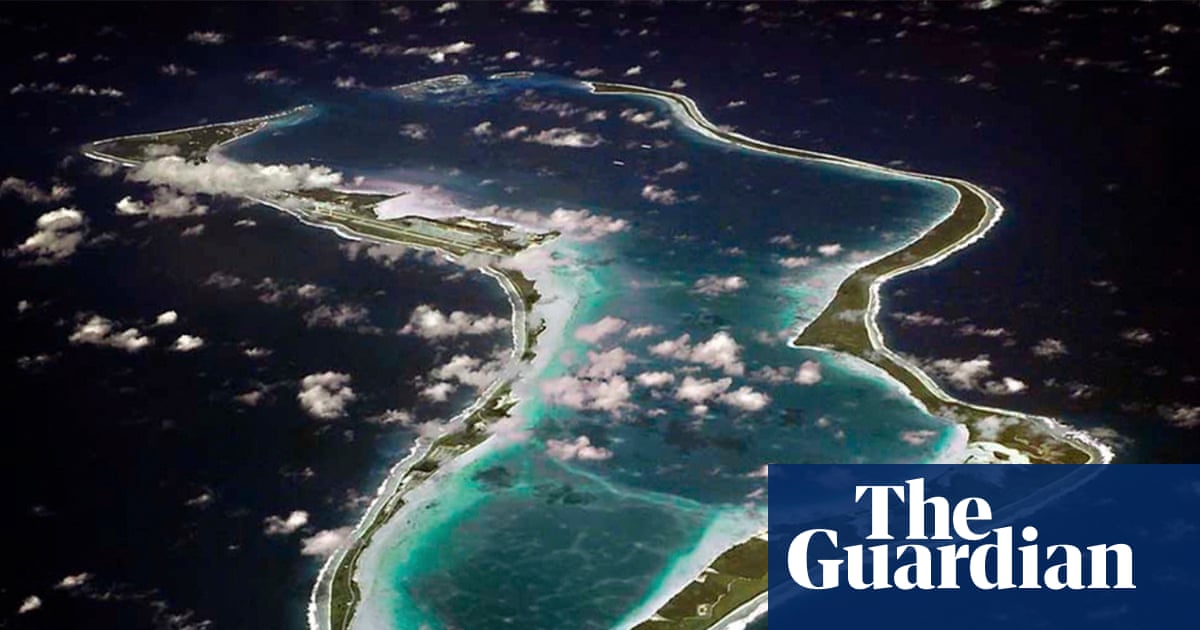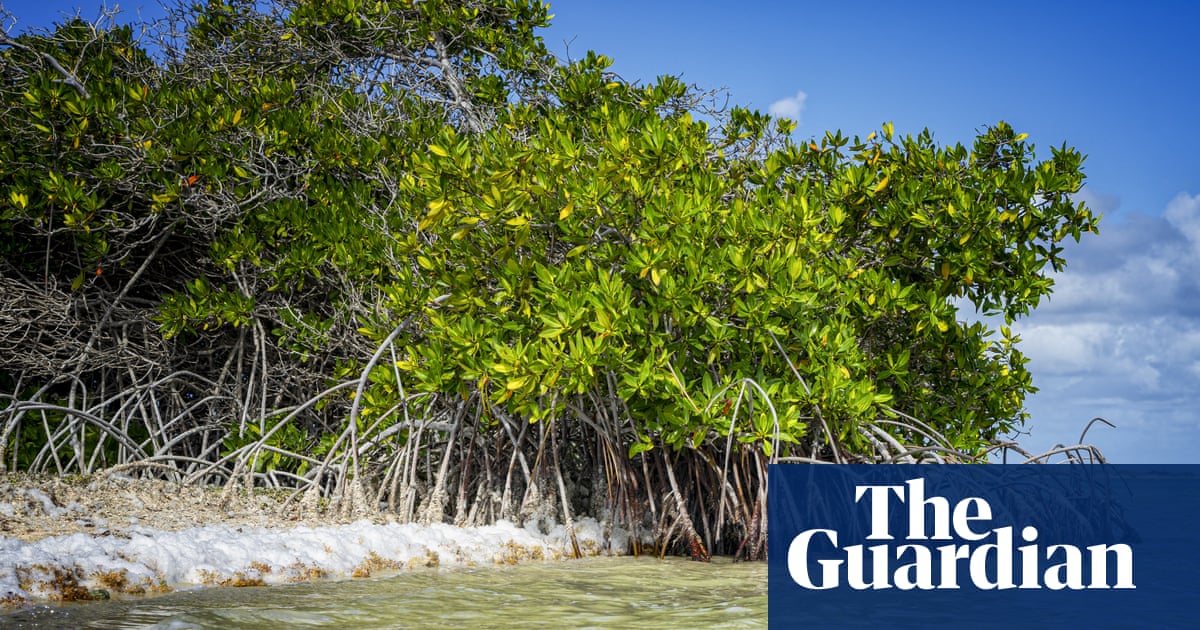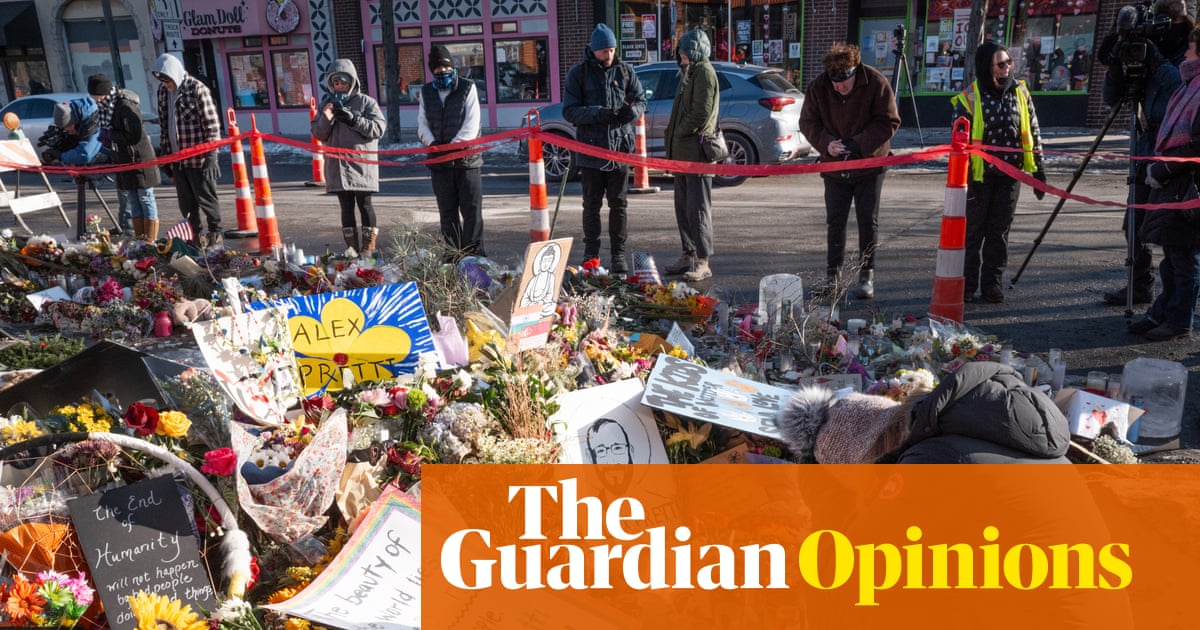Iceland is the only country to have closed the gender gap by more than 90%, according to the World Economic Forum, and, for the first time in its history, every national leadership position – including president, prime minister, bishop and police chief – is now held by a woman.
But as people go on strike on Friday to mark the 50th anniversary of “kvennafrí” (“Women’s Day Off”) strike, the protest that kickstarted a global equality revolution, the Icelandic president warned that her country was not immune to gender-related “red flags” and a global “backlash” against feminism.
Halla Tómasdóttir, who last year became Iceland’s second female president in an election in which 75% of the population voted for female candidates, put her country’s world-leading success at improving gender equality down to five decades of work that followed the 1975 strike.

Iceland, she told the Guardian, was “powered by two sustainable energies: geothermal power and girl power”.
But, she warned, the country still had “work to be done”. “Gender based violence is still a problem here. We still need to lift the floor for women who do the lesser paid jobs, the caring jobs in our economy,” she said. “So there is still work to be done. And we are of course not free from seeing some of the red flags and the [feminism] backlash that we are starting to witness around the world.”
Half a century ago, on 24 October 1975, 90% of Iceland’s women stopped work in protest at gender inequality and 25,000 women descended on Reykjavík city centre.
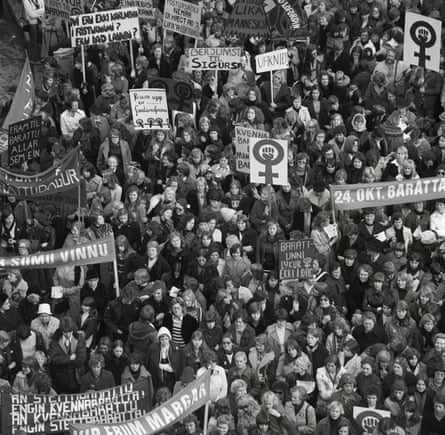
The strike led to sweeping change in Iceland, including the world’s first female elected president, Vigdís Finnbogadóttir, who took office five years later and put Iceland on a path to becoming a world leader on gender equality.
Two years ago, an estimated 100,000 women and non-binary people followed in their footsteps to highlight the lingering pay gap and rates of gender-based and sexual violence in what became the biggest protest the country had ever seen.
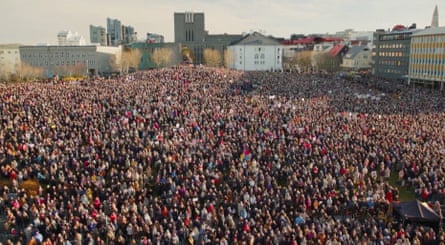
Organisers of this year’s event have urged all citizens – including men, although men are expected to take on any responsibilities at home so that women can go out to join the celebrations – to go on strike on Friday to commemorate the 1975 protest.
In Reykjavík, women and non-binary people are invited to mark the occasion by going on a historical walk followed by a rally for music and speeches. Among the songs performed at the original event were Áfram stelpur (Onward Girls) which was sung on the day by the Redstockings.
Tómasdóttir plans to mark the occasion by taking the day off and joining celebrations in person and later on television.
Amid a global rise in gender-based violence and violence in general both on and offline, she said the next step in the country’s fight for gender equality was dependent on the inclusion of boys and men.
“I don’t see how we can finish closing the gender gap without greater involvement from boys and men,” she said. “There are particular problems with boys and men that I hope we in Iceland will have the courage to confront the way that we have had the courage to confront the issues that have held women back.”
Calling for an “inclusion revolution”, she said she wanted to enable every citizen to unlock their full potential in order to avoid “unnecessary backlash”.
According to multiple indexes, Iceland has come further than anywhere else in the world in closing the gender gap.
“I do think we are in a better position because for five decades, closing the gender gap has been making our economy stronger, making our society stronger,” said Tómasdóttir. “There is a general recognition in Iceland that closing the gender gap is a strategic priority for this country and it has delivered a better world for all of us,.”
Currently, she said, there were more women in leadership positions in Iceland than ever before in the country’s history – possibly in the world.
“One could say this is a beautiful outcome of five decades of women’s solidarity and empowerment taking place since the women’s day off 50 years ago,” she said. But, she added, she is in favour of gender balance: “I’m not sure that ‘overwhelmingly women’ is necessarily better than ‘overwhelmingly men’.”
Next, she hopes that Iceland can inspire a shift in leadership norms as well as gender norms. “There is a huge appetite for more sincerity, more authenticity, more humanity from political leaders and business leaders alike,” she said.

 3 months ago
49
3 months ago
49

